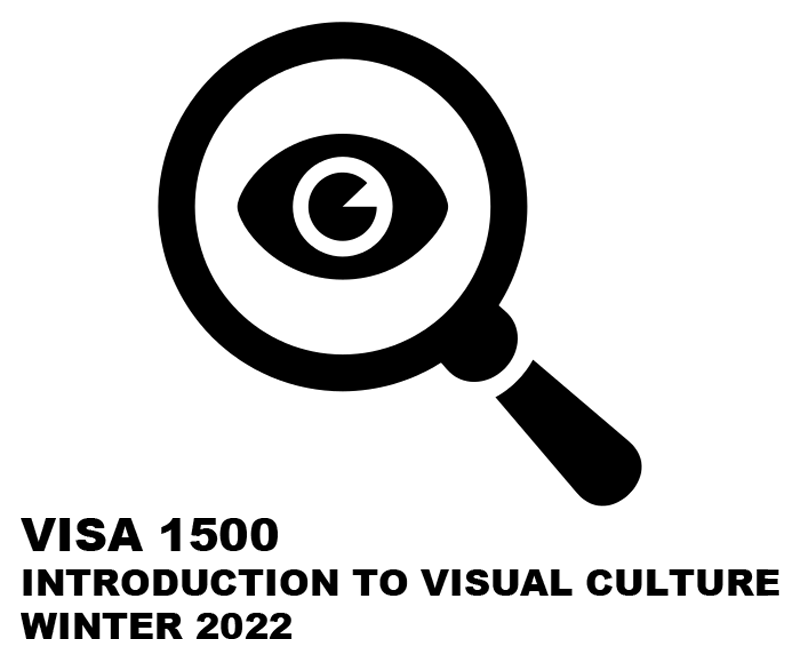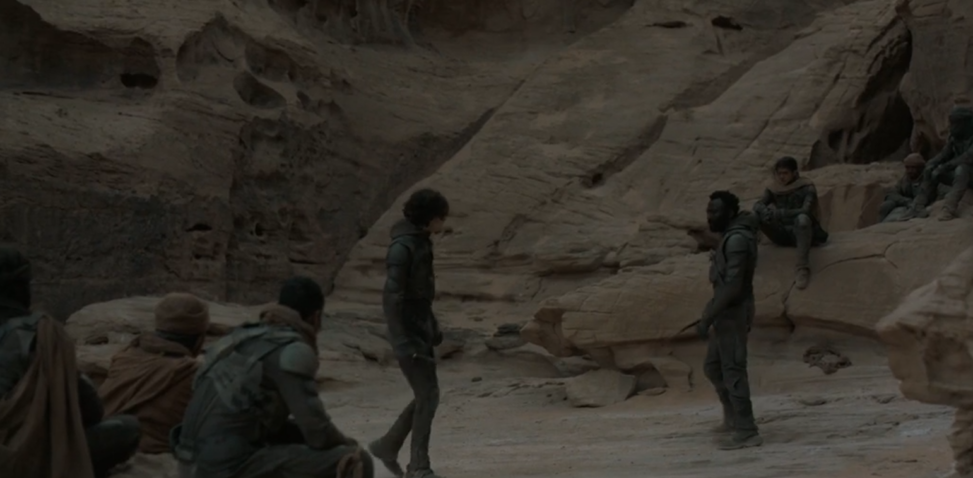DUNE is the fictional world of Frank Herbert, first appearing in 1985 in the book “Chapterhouse: Dune.” The distant deserted planed, where sandstorms can cut through metal, and the day is dangerous for humans. Can we not mention that the day is so hot that people can’t survive on the surface during the sunshine? But why do they fight for this desolate land?
Answer as simple or as complex as you like: the Spice. If you control the Spice, you control the universe.
People thought you couldn’t film DUNE because of its complexity and scale — it was too much to show. But Denis Villeneuve managed to show the book how it is — dangerous, dubious, dystopian, and very atmospheric. He split the book into three parts, but we will discuss only the first one.
Almost every fight scene in the film is about something – betrayal, sacrifice and acceptance.
Acceptance is the main one – the boy who went through crisis and loss became harder than he was still and intended to push his father’s deed – he is on the way to bringing peace to the Dune.
For that, he needed to get to Freemans – independent people of the desert. But they are not about to let outsiders in, even if it was the leader’s orders – the boy and strong warrior get to the ritual fight. The only one will get out of it alive.
White outsider – Paul Atreides never killed a person in his life, while black-skinned, blue-eyed freeman Djamis has fought with the desert his whole life. Only Djamis doesn’t know that Paul is trained by his mother witch, and he has already seen the future where Djamis killed him – Paul does not intend to let it happen.
During the fight itself, there are almost 20 cuts. Camera flashes, showing us characters’ moves and faces – tension, emotions, fear, calm and anger. The main focus is not on the fights but on the feelings of the ones who participate and observe the ritual dual. The mother who is about to lose his son. The son who is about to make a step toward his father’s goal or to lose it all. And the tribe-man is here because he can’t stand to live otherwise.
Because of their speed, it’s hard to follow all the cuts, but they are very noticeable and authentic—all the cuts follow the punches and line of attack. The camera usually shows the faces and the attacks.
Paul is winning the fight – then he points his knife to the throat of Djamis, and he asks: “Do you yield!?”
But he doesn’t know that there is no yielding in this fight – only death. During the fight, Paul had one more vision… After that, he resolves to kill his first man. This price is paid for his life, and he isn’t happy about it.
Paul is in initiation—life for life—and one man of the Freeman tribe is changed by another. Many tribes in our history had some of that ritual as the trial for the worthy, and it perfectly shows. The price of Djamis’s life is not only for Paul’s initiation but also for his step-out from the rules.
Nowadays, in the modern European and American world, we are not facing deadly trials like knife fight initiation. Anyway, if some person who has never been killed and who is not a psychopath kills a man with a knife, it will harm his mind in a very different way.
We – Americo-European people – are forged in a different mindset, and it’s not a common thing to kill a person. There are not many people among us who were raised with only one intention – to be ready to kill someday.
If we had this society today, we probably would not be different from some “terroristic” countries.
In the world of Dune, the people were raised in an almost medieval world, where people fight with swords, believe in prophecies, are scared of witches, listen to emperors and dukes… And the most important thing is to kill for resources.
Somehow our world looks like this—but none of us need to live in everyday tension. We should live in peace, where a boy doesn’t need to kill a person to become a man; he needs to accomplish himself as a human being and then be accepted. And Paul was in plus-minus our world, but he had a great responsibility upon his shoulders, which even some of us can have.
Paul had a vision of his father — a way to change the world into a better place, to bring peace into the Dune, and to make the unthinkable even for the person with the power of a million swords and ships behind his word.
And if you want to change the world – even if you are powerful or powerless – you must be ready for sacrifices. Sacrifices of yourself, your family, your friends – and, if we are really dramatic, sacrifice somebody’s life.
It’s never an easy burden, but it’s necessary, especially to become a messiah. The knife in the scene of the ritual duel between Paul and Djamis underlying it is that Paul wasn’t ready to make it until he finally did.
BIBLIOGRAPHY
Sanders, Gabriel. “Bloody Knives: Political Violence in Frank Herbert’s’ Dune’.” PhD diss., 2008.
https://scholarship.tricolib.brynmawr.edu/server/api/core/bitstreams/d5cdea6d-0fe1-4dde-8577-83cef156ebcc/content
Bego, Fabio. “Dune.” Black Camera 14, no. 2 (2023): 404-407.
https://muse.jhu.edu/article/883822
Durrani, Haris. “Haris Durrani on Muslimness, Orientalism, and Imperialism in Dune.” Georgetown Journal of International Affairs 24, no. 1 (2023): 78-85.
https://muse.jhu.edu/article/897704


Javiera Diaz
Very interesting way of looking at the violence shown in that scene in Dune: as a transition from childhood to manhood through the death of someone else. It is not something new that people in societies are expected to be violent to impose their beliefs, so I think it is interesting to see this attitude in a fictional movie in a different type of setting. The scene of the fight was nicely told, creating emotion and focusing on the characters’ expressions. It was easy for me to imagine the context and the expectation of the situation and the image provided by the student helps recreate the scene because you can see Djamis, Paul and his mother in the back waiting for the final decision that is going to happen. The resources provided were also fitting to this research, helping to understand the context of these assumptions on the Middle Eastern countries and the relation between these and the environment and characteristics of Dune and its characters. Although, personally I would avoid calling these “terrorist countries” or assume the readers are all American-European, especially in an international University with diversity of students from many parts of the world.
Alexandr Popov
Yeap, you are right
My words were the enemy of mine, and I didn’t mean to call the whole country a terrorist one.
Thanks for the feedback – it warmed my heart!
Javiera
No worries, you did a great job! I’m glad my comment felt constructive and not as a negative critique.
Have a wonderful summer break. :)!